In an increasingly environmentally conscious world, ethical sneakers are emerging as a sustainable alternative to conventional footwear. This guide explores in detail the ethical materials used in the manufacturing of these sneakers, their impact on the environment, and how they are redefining the fashion industry.
The rise of ethical sneakers reflects a growing desire to combine style, comfort and environmental responsibility. Fashion brands, both established and emerging, are responding to this demand by constantly innovating in the field of sustainable materials.
Recycled materials: Giving a second life to waste
Recycled plastic, mainly from PET bottles, has become a material of choice for many eco-friendly sneaker brands. This process helps reduce the amount of plastic waste in the environment while saving resources.
Recycled leather offers an eco-friendly alternative to traditional leather. It is usually made from scraps from the leather industry or end-of-life leather products.
Recycled rubber, often used for soles, typically comes from used tires or other end-of-life rubber products.
Natural and organic materials: back to basics
Organic cotton is grown without pesticides or chemical fertilizers, offering a more sustainable alternative to conventional cotton.
Hemp and linen are natural fibers known for their strength and low environmental impact.
Cork, often FSC certified, is a natural and renewable material valued for its impermeability, lightness and insulating properties.
Innovative materials: The future of ethical sneakers
Pinatex, made from pineapple fibres, represents a major innovation in the field of plant-based materials for fashion.
Grape leather is a vegan and eco-friendly option that uses waste from the wine industry.
Cactus skin is a recent innovation that uses cactus leaves to create a leather-like material.
Responsible manufacturing: beyond materials
Ethical sneaker production encompasses the entire manufacturing process. Many eco-friendly brands choose to produce in Europe to ensure better working conditions and reduce the carbon footprint linked to transport.
Vegetable tanning represents a more ecological alternative to traditional chemical tanning for sneakers using leather.
Certifications play a crucial role in ensuring the authenticity of ethical and sustainable practices.
Benefits of ethical sneakers
Choosing ethical sneakers has many benefits, including reduced environmental impact, superior durability and quality, ethical working conditions throughout the production chain, and often a timeless style that is part of a sustainable fashion approach.
IKO&NOTT: Ethical sneakers made in Europe
IKO&NOTT is a brand that perfectly embodies the philosophy of ethical sneakers. Founded by a passionate woman, Melisande, the brand offers eco-responsible and comfortable sneakers, made with recycled and sustainable materials.
IKO&NOTT sneakers use 100% GRS-certified recycled leather, OEKO-TEX-certified recycled plastic, and FSC-certified cork soles. Each pair is designed to combine style, comfort, and environmental responsibility.
The brand was awarded a medal at the Concours Lépine International 2024 for its 100% recycled materials and its memory foam insole designed in collaboration with a podiatrist. This recognition underlines IKO&NOTT's commitment to innovation and sustainability.
IKO&NOTT manufactures its sneakers in Europe, particularly in Portugal and France, thus ensuring fair working conditions and transparency in the production chain. The brand offers nature-inspired collections, such as Astréos and Eole, which reflect its commitment to the environment.
By choosing IKO&NOTT sneakers, consumers opt for shoes that combine style, comfort and ecological responsibility. Each pair represents a step towards more sustainable and ethical fashion, contributing to a greener future for the footwear industry.









